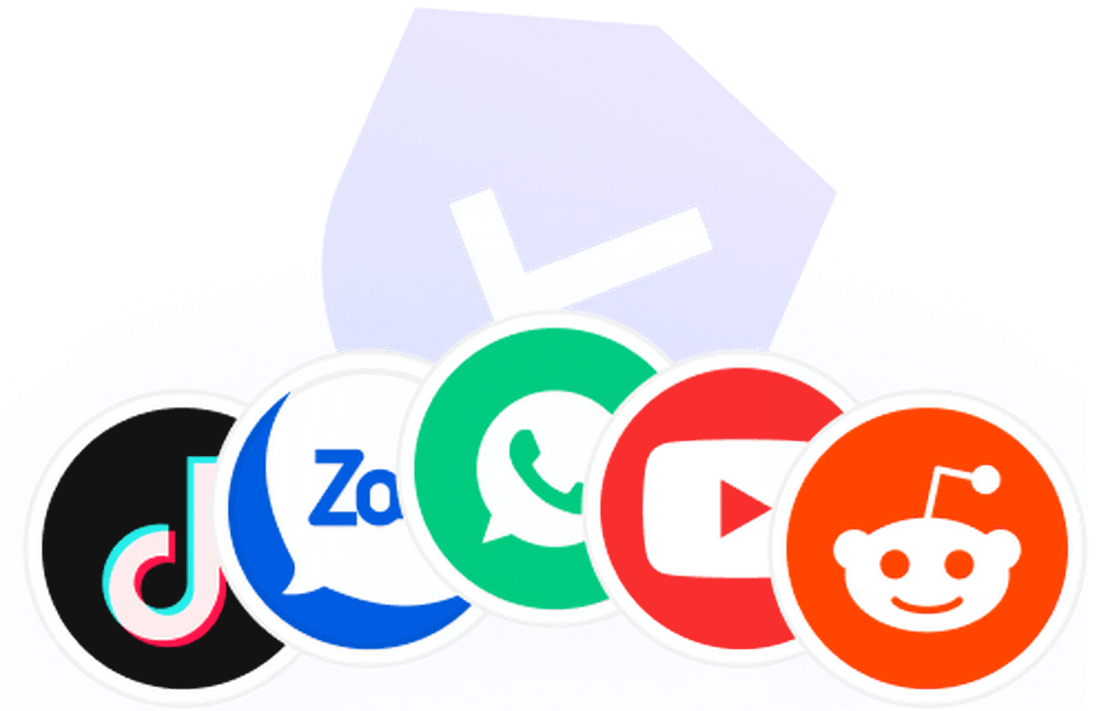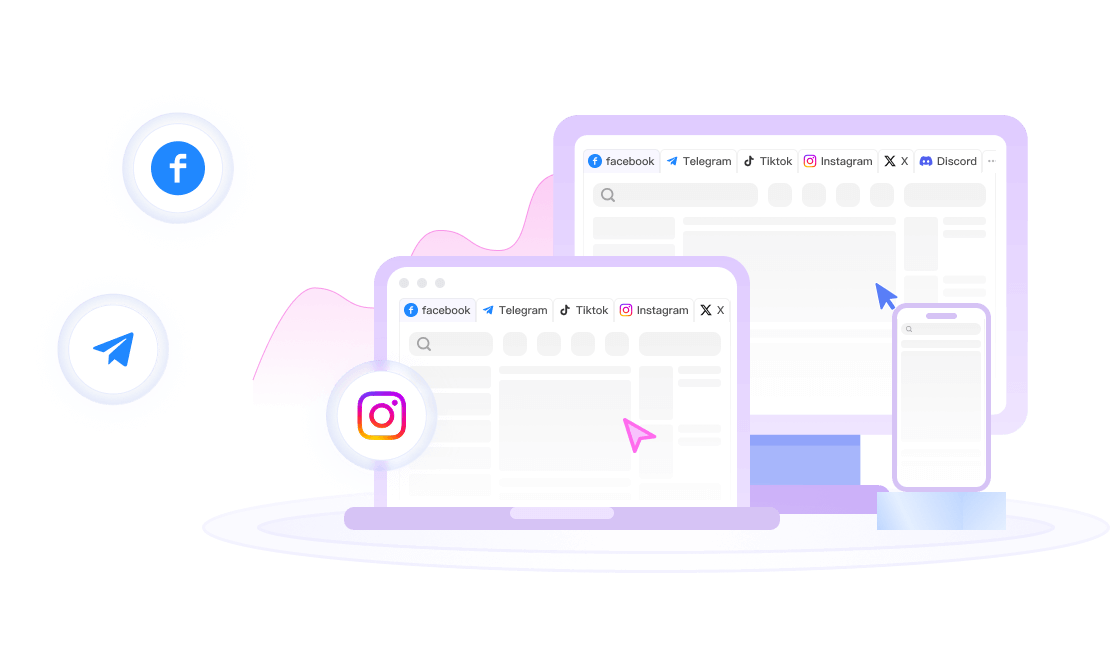Imagine this scenario: A girl who started her business in her grandma’s kitchen is now generating $500 to $1,000 a day in commissions through a single shoppable link. This isn’t a fantasy; it’s the reality of the affiliate marketing miracle on TikTok Shop. When a 14-year-old’s cosmetics brand, Boston Cosmetics, can achieve six-figure monthly sales through a single platform, we know the fundamental logic of e-commerce is being completely rewritten.
Before its US launch in September 2023, social commerce wasn’t a new concept. Instagram, Facebook, and even Amazon itself had tried, but they always left a gap between social discovery and commercial conversion. Then came TikTok Shop. In just over a year, it accomplished what other platforms had failed to do in a decade: it not only allowed users to “discover” products but also enabled them to complete a purchase in that very same moment of enjoying content. This wave of “Shoppertainment”—what powers it? What kind of future commercial ecosystem does it foreshadow?
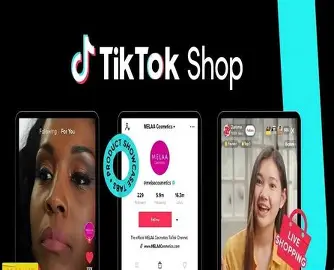
An Algorithm-Driven “Instant Purchase” Storm
The rise of TikTok Shop is not powered by capital or supply chains, but by the massive algorithm embedded in every user’s phone. Traditional e-commerce platforms, like Amazon, excel at “shopping recommendations.” Their algorithm analyzes your browsing history and shopping cart to tell you, “People who bought this also bought that.” This is an “intent-driven” model—you open the shopping app planning to spend money.
TikTok, on the other hand, is fundamentally different. It treats advertising as content, seamlessly integrating shopping into your daily entertainment feed. It doesn’t recommend products to you; it recommends videos you might find interesting. Every swipe, pause, and like you make “trains” this algorithm, feeding it more data to better understand your tastes. It personalizes recommendations based on your content preferences, not your purchase history.
The disruptive power of this model lies in its creation of an “impulse” shopping scenario. A creator in a video is trying on the “perfect statement lip,” your heart skips a beat, and you find a small yellow tag in the corner with a price that feels like a personal recommendation. This is no longer a long path of “see, desire, search, compare, and hesitate.” Instead, it’s a “crave, and possess in this very moment” closed-loop experience. Data shows that a staggering 71% of TikTok shoppers say they begin shopping in the app after coming across a product in their feed. This seamlessly integrated “Shoppertainment” experience takes word-of-mouth marketing, trust-based endorsements, and instant conversion to their zenith, making the purchase feel like a social interaction rather than a commercial transaction.
The Flourishing Creator Economy: From Marketers to “Sales Partners”
If the algorithm is TikTok Shop’s engine, then the 7 million US businesses and millions of creators behind it are the fuel that powers it. TikTok has ingeniously built a win-win ecosystem where a marketplace is also a fertile ground for marketing.
In this ecosystem, the lines between identities blur. A beauty brand founder, Aaliyah Arnold, lives on her TikTok, showcasing the product-making process and sharing behind-the-scenes fun, attracting a massive audience and achieving a staggering 500% month-over-month sales growth. At the same time, an affiliate like Lexi Rosenstein, with just 5,000 followers, doesn’t even need to hold any inventory. Leveraging her sharp instincts for content and consumer psychology, she can earn thousands daily by tagging and promoting products.
This model is, in essence, the “democratization of marketing.” It empowers small businesses and individuals with unprecedented commercial power. It’s no longer about you finding an “influencer” to partner with; now, an “influencer” can spontaneously become a “sales partner” for your product. Brands can communicate directly with creators, while creators can simultaneously wear the hats of “consumer” and “marketer.” When one of their videos goes viral, the resulting sales can be exponential. Some brands have paid over $70,000 for a single successful promotional campaign. This synergy between creators and business owners forms the powerful growth flywheel of TikTok Shop.
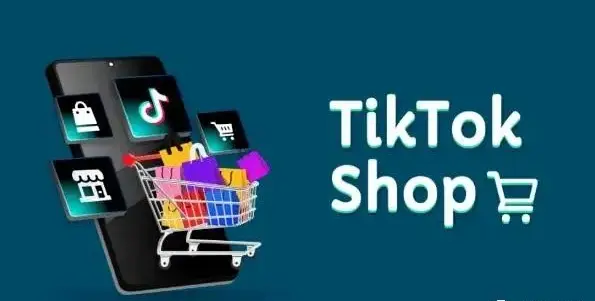
The Carnival on the Cliff: When Business Models Meet Geopolitics
Yet, beneath this flourishing landscape, a “sword of Damocles” hangs high. The lifeline of TikTok Shop is inextricably linked to the fate of its parent company, TikTok. The US government’s “sell or ban” bill has thrown the small business owners and creators who depend on this platform into a state of unprecedented anxiety.
For entrepreneurs like Aaliyah, whose entire family relies on her brand and the platform for their livelihood, this isn’t just a business risk—it’s a threat to their survival. TikTok boasts the largest user base in the US, with 136 million monthly active users. It’s the springboard for millions of merchants to realize their “American Dream.” This geopolitical uncertainty casts a thick shadow over this high-growth business model. Whatever the outcome, “adaptation” has become the only option, but for those who have bet their entire future on the platform, the cost and risk are immeasurable.
Besides the external political risk, another potential challenge has begun to emerge from within the platform: balancing product quality with user experience. While 80% of sales are in the fast-growing health and beauty category, the platform isn’t without its negative reviews of products not matching their descriptions. A user angrily commented under a video for crystal tumblers, “This looks nothing like the photo… not crystal and it’s really not a cup.” Once this kind of trust crisis spreads, it could be fatal to the platform’s entire ecosystem and, in turn, harm those high-quality sellers who are truly dedicated to their content.
FlashID: Building a Foundation of Certainty in a World of Uncertainty
The story of TikTok Shop reveals a new business reality in the algorithm and content-driven era: growth can be exponential, but it comes with unprecedented complexity and risk. A successful business may simultaneously play multiple roles: content creator, affiliate marketer, e-commerce operator, and more. This multi-role, multi-account matrix operation is precisely the new norm in today’s business environment.
However, this model also hides a massive landmine: the risk of account identity association. Imagine a US-based brand that needs to operate dozens of different marketing accounts across TikTok Shop, Facebook Marketplace, Instagram, and an independent affiliate marketing network (like Impact, PartnerStack).
If these accounts are identified by the platforms as belonging to the same business entity due to similar device environments, login patterns, or behaviors, what chain reactions could be triggered?
- Limited Marketing Channels: E-commerce platforms might restrict your ad spend or affiliate commission payouts due to “associated marketing.”
- Social Platform Demotion: Social media platforms might classify your matrix accounts as “spambots” or “marketing accounts,” limiting content distribution and making your posts “invisible.”
- Damaged Business Reputation: If one account is banned for a policy violation, it could affect all associated accounts, potentially paralyzing your entire marketing network.
FlashID Anti-Detect Browser is specifically designed to tackle these new business challenges. It can create a completely separate and unassociated digital identity for every sub-business, channel account, or affiliate marketing project within a brand.
In the eyes of TikTok, your main account, your affiliate account, and your official brand’s social media account are all seen as independent users from different corners of the world. This is like dressing your business fleet in an “invisibility cloak” and “armor,” allowing you to:
- Safely Conduct Large-Scale Matrix Operations: Whether you’re managing hundreds of social media accounts or a vast network of affiliate partners, FlashID ensures the purity of each “identity,” preventing misidentification and association by the system.
- Mitigate Geopolitical and Regional Risks: For businesses with operations across the globe, FlashID can help you manage accounts through different local environments, reducing the “all-or-nothing” risk posed by policy changes in a specific region.
On this “new continent” of TikTok Shop—full of opportunities but fraught with hidden dangers—savvy merchants not only need to master “algorithms” and “content” but also understand how to use technical tools to build a solid foundation for their empires. FlashID is the “invisible guard” that secures your rear while you venture out to conquer new frontiers.
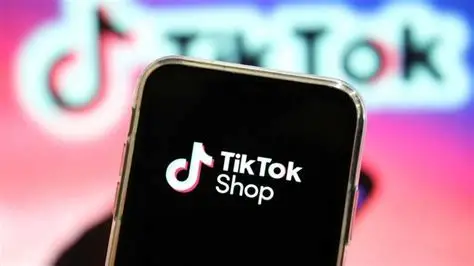
Frequently Asked Questions (FAQ)
Q: What’s the biggest difference between TikTok Shop and Instagram Shopping?
A: The core difference is the algorithm-driven model. Instagram shopping is based on a user’s social connections and past interests, more like selling within a social circle. TikTok Shop’s core is “content as discovery,” where it anticipates your potential shopping desires based on the content you watch, creating an “unconscious,” instant purchase scenario.
Q: Who is best suited to start a business on TikTok Shop?
A: It’s best for individuals or teams who excel at content creation, have a strong personal brand, and are willing to be authentic and transparent. Whether you’re a beauty guru, a craftsperson, or a comedian, if you can find your “persona” and connect it with a product, you can easily find your first followers and customers here.
Q: What exactly does “Shoppertainment” mean?
A: It’s a portmanteau of “Shopping” and “Entertainment.” It refers to a model where products are seamlessly integrated into entertaining content. Users complete shopping actions naturally while enjoying content like scrolling through videos or watching livestreams.
Q: Are affiliate marketers and sellers considered the same type of account on TikTok Shop?
A: Not exactly. A seller is someone who owns the product inventory and is responsible for fulfillment. An affiliate marketer doesn’t necessarily own the product; they earn a commission by promoting other sellers’ products. Many people have both identities to maximize their revenue.
Q: Why is the US government trying to crack down on TikTok? What impact will this have on TikTok Shop?
A: The US government, citing “national security threats,” is requiring TikTok’s US operations to be sold to a domestic company. If the law takes effect, the core algorithmic advantage of TikTok Shop could be stripped or weakened, which would drastically reduce its competitiveness or even force its complete exit from the US market.
Q: Why do health and beauty products sell best on TikTok Shop?
A: Because these products are perfect for “seeding” or “creating desire” in video format. Consumers can see a product’s effect, texture, and application method directly, which is far more persuasive than static images or text descriptions and is more likely to trigger impulse buying.
Q: As a business owner, if I see low-quality products selling well on TikTok Shop, what should I do?
A: This reflects a potential market risk. As a responsible business, you should focus on building high-quality, reputable products. You can choose to collaborate with affiliate marketers who also value quality, using their content to convey your brand’s value and stand out from the competition.
Q: How does FlashID help with TikTok Shop marketing?
A: FlashID creates completely independent browser fingerprints, allowing you to manage multiple TikTok accounts, Facebook accounts, Instagram accounts, and other marketing platforms without being identified as the same person or company. This lets you safely build a multi-account matrix, preventing bans due to association.
Q: I’m just an individual creator, not a company yet. Do I need FlashID?
A: Even as an individual, you might have multiple accounts. For example, a main business account, a lifestyle vlog account, and a product-testing affiliate account. Using FlashID allows you to manage them securely and maintain their independence and activity.
Q: Besides preventing association, does FlashID have other features to help me improve efficiency?
A: Absolutely. FlashID has powerful RPA (Robotic Process Automation) capabilities that can help you automate repetitive tasks like logging in, posting content, liking, and commenting, which greatly saves on manpower and allows you to focus more on content creation and strategic planning.
You May Also Like

